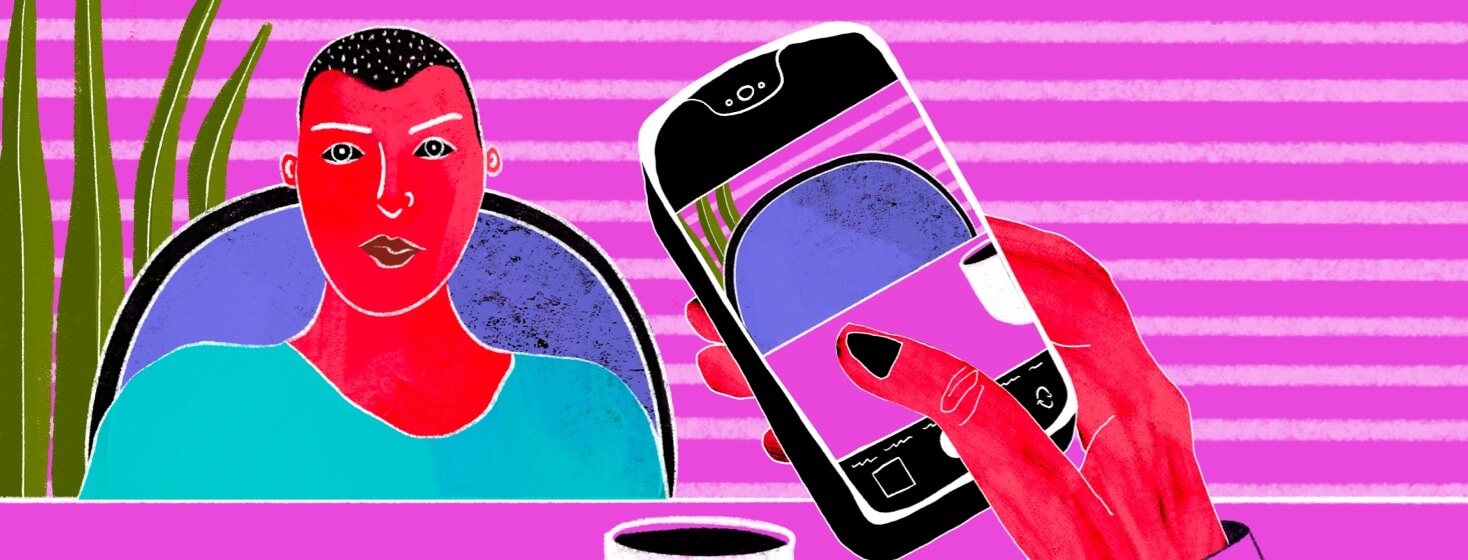Reality Checking: 3 Techniques I Use to Identify If I’m Hallucinating
The longer I've lived with my schizophrenia diagnosis, the more I've been able to find coping mechanisms for my auditory and visual hallucinations. One of the most frustrating aspects of finding treatment and medication that works well was realizing that I would still have symptoms occasionally.
Although I'm grateful for the reduced frequency and severity of my symptoms, I was anticipating complete symptom relief. It's incredibly confusing to still have hallucinations while also being very clear-minded a majority of the time.
How could I better manage my schizophrenia hallucinations?
This frustration led to me finding ways to "reality check" to see if I am hallucinating or not. These techniques have helped me be more comfortable going out in public and have a more stable day-to-day life, despite living with schizophrenia.
Please remember that just because these techniques work for me doesn’t mean they will work for every individual with schizophrenia, because we all react differently to treatment, medication, and coping skills.
How I cope with visual hallucinations
Using my phone camera
The most effective reality checking tool for me has been using the camera on my phone to check if I am having visual hallucinations. If I believe that I am having a visual hallucination, I open my phone camera and look at the screen, if the person I’m seeing doesn’t appear on the screen, I know that they are not really there
Psychiatric service dog
I know that this is not as common as a resource, but I have a dog that is trained to help identify hallucinations as well. Some dog trainers can train non-service dogs to do this task as well. My dog is trained to greet people on command. However, if I ask her to greet someone that isn't there, she will instead sit down and look up at me. This way I know that the visual hallucination is not there.
In-home security camera
The final tool I use is a security camera in my home office. This tool can be effective for both auditory and visual hallucinations because I can either watch the live recording or play back the footage later on to verify if I was hearing or seeing things that were not there.
Coping tools for schizophrenia
I believe it's important to share these coping tools because I have found them extremely helpful in my own journey. I have also had other people express the benefit it has had for them when they found my videos about these tips on social media, and utilized them for their own reassurance.
If you are a patient or caregiver, consider trying these "reality checking" coping mechanisms!
